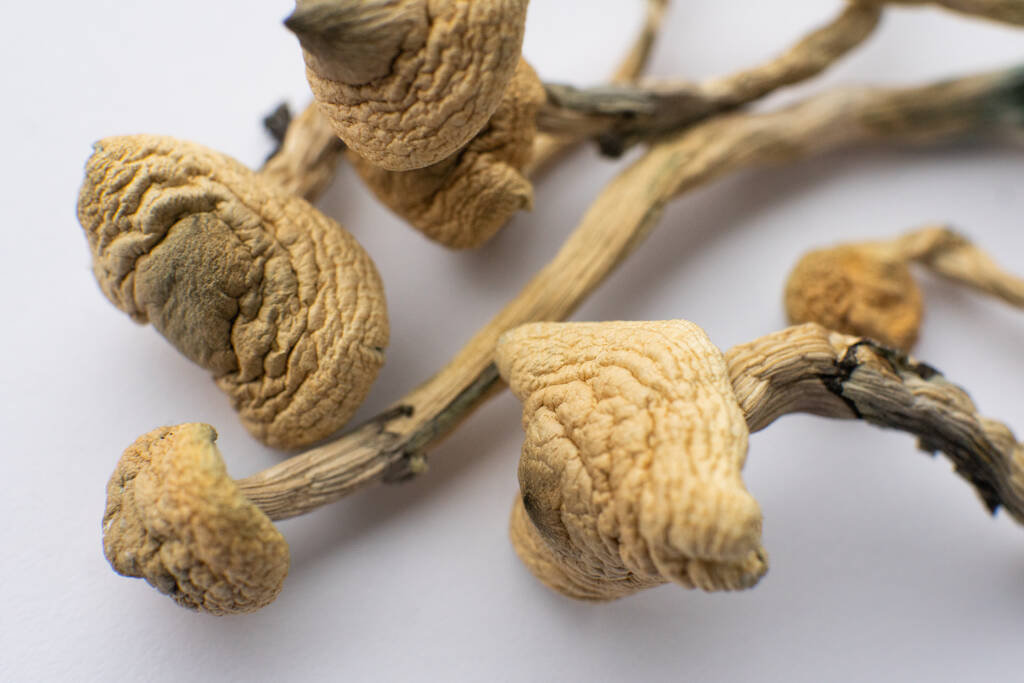A single dose of psilocybin may offer relief for patients with severe treatment-resistant depression, according to an open-label study published in the American Journal of Psychiatry.

The research, conducted by teams from Columbia University, Stanford University School of Medicine, and the University of Maryland, aimed to evaluate the safety and efficacy of psilocybin in individuals who had failed to respond to at least five prior treatments.
The study involved 12 participants aged 18-65, all experiencing a major depressive episode with documented resistance to conventional treatments. Conducted at Sheppard Pratt Hospital, the trial required participants to discontinue psychotropic medications two weeks before and three weeks after receiving a 25 mg dose of synthetic psilocybin. Patients underwent multiple therapy sessions before, during, and after the dosing period.
Results showed a significant reduction in depressive symptoms, with the Montgomery-Åsberg Depression Rating Scale (MADRS) scores dropping by an average of 15.8 points at three weeks post-dosing and 17.2 points at 12 weeks. Exploratory analyses linked the antidepressant effects to the Oceanic Boundlessness dimension of the psychedelic experience. However, participants with comorbid PTSD—nearly half the group—exhibited less pronounced responses to the treatment.
The findings underscore the potential of psilocybin as a treatment for severe treatment-resistant depression (TRD), while also highlighting the need for further research, particularly regarding its interaction with PTSD. Researchers suggest these results could pave the way for future controlled trials and a better understanding of psychedelics’ role in mental health care.
Below is the study’s full abstract:
Objective: Depression varies along a difficulty-to-treat spectrum. Patients whose illness fails to respond to at least five treatments may be considered to have severely treatment-resistant depression (TRD). The objective of this study was to document the safety and efficacy of psilocybin in patients with severe TRD.
Methods: This was a 12-week, open-label trial conducted at Sheppard Pratt Hospital. Participants were 18-65 years of age, in a major depressive episode with documented insufficient benefit from at least five treatments during the current episode. A single dose of synthetic psilocybin (25 mg) was administered. Psychotropic medications were discontinued at least 2 weeks prior to dosing through at least 3 weeks post-dosing. Therapists met with patients for three sessions during pretreatment, during the 8-hour dosing day, and for three integration sessions posttreatment. The primary outcome measure was change in Montgomery-Åsberg Depression Rating scale (MADRS) at 3 weeks posttreatment. Secondary measures including MADRS scores up to 12 weeks posttreatment, and subject-rated scales capturing depression and level of function were completed at baseline and all subsequent visits.
Results: Twelve participants (six male, six female; mean age=40.6 years [SD=9.6]) with severe TRD were followed over the study period. Depressive symptoms were significantly decreased at week 3 (MADRS least-squares mean change=-15.8, 95% CI=-25.4 to -6.3) and Week 12 (MADRS least-squares mean change=-17.2, 95% CI=-25.2 to -9.1). In exploratory analyses, the Oceanic Boundlessness (OB) dimension of the psychedelic experience correlated with post-dosing antidepressant responses. Patients with comorbid PTSD (N=5) showed significantly less antidepressant effect of psilocybin.
Conclusions: This open-label study suggests efficacy and safety of psilocybin in severe TRD and supports further study of psychedelics in this population, including consideration of PTSD interaction effects.







